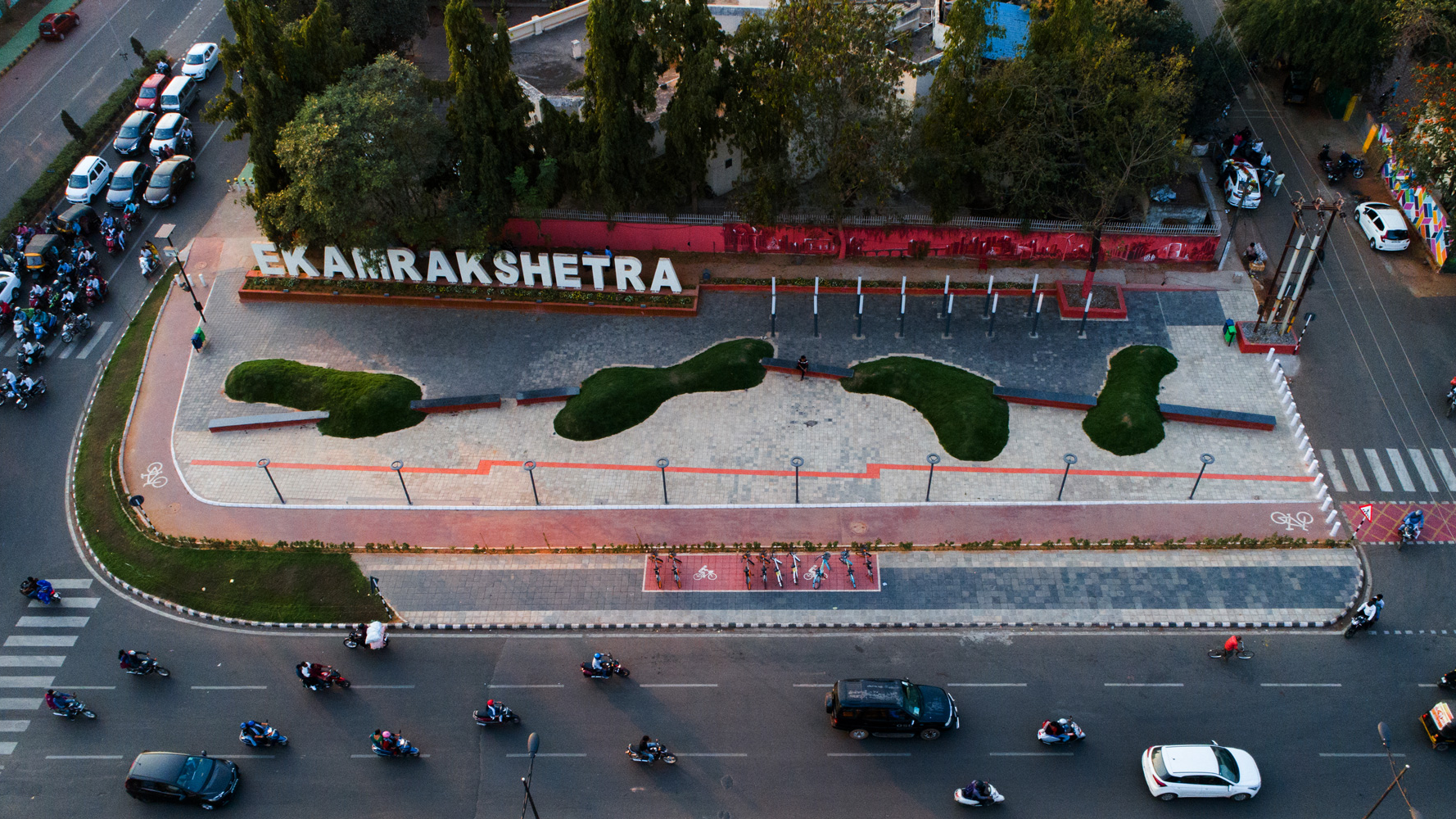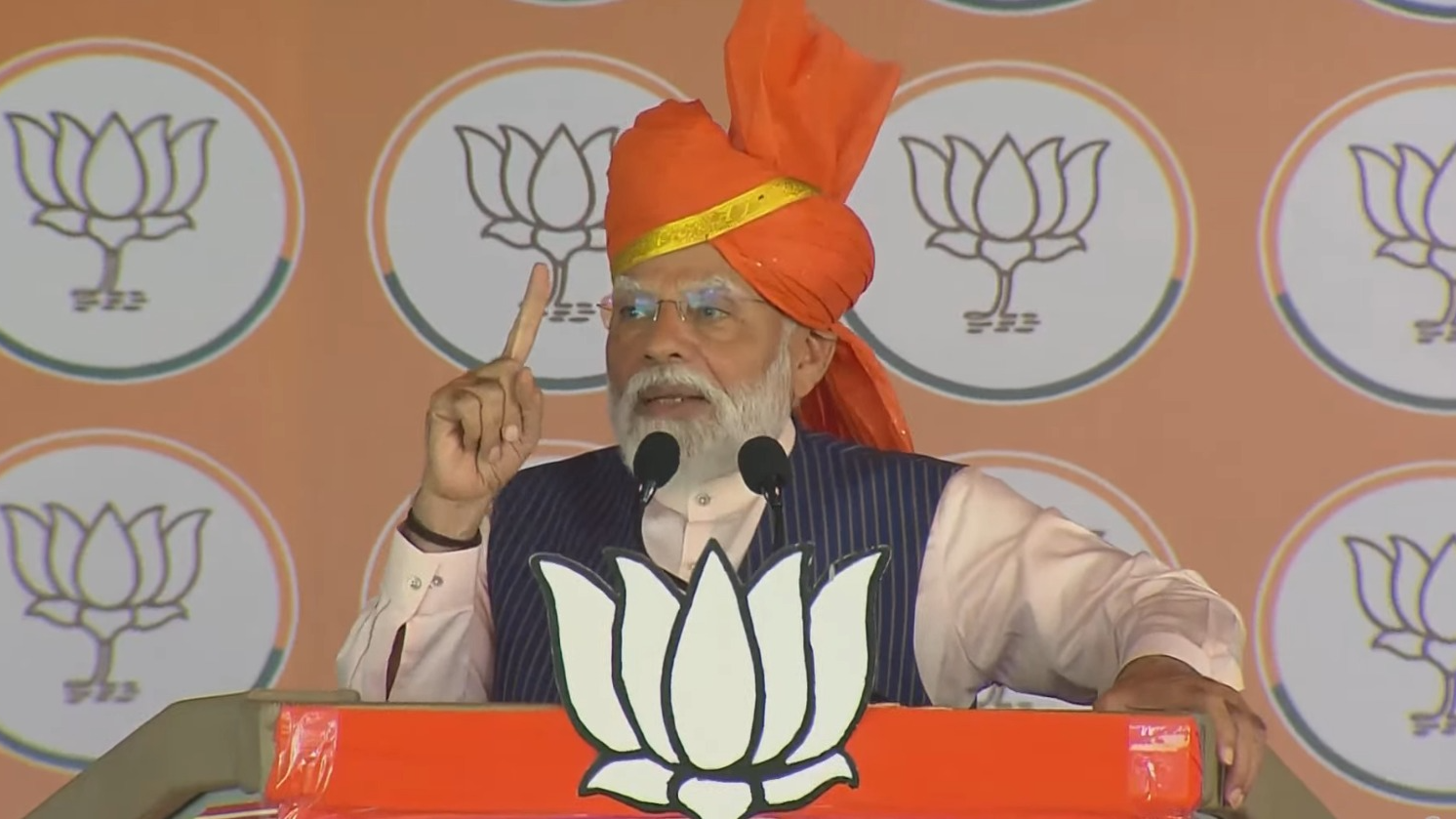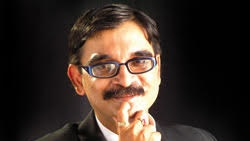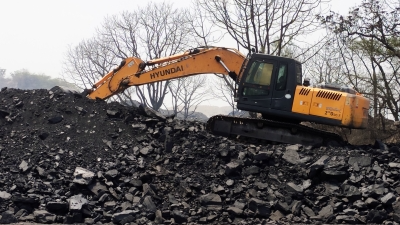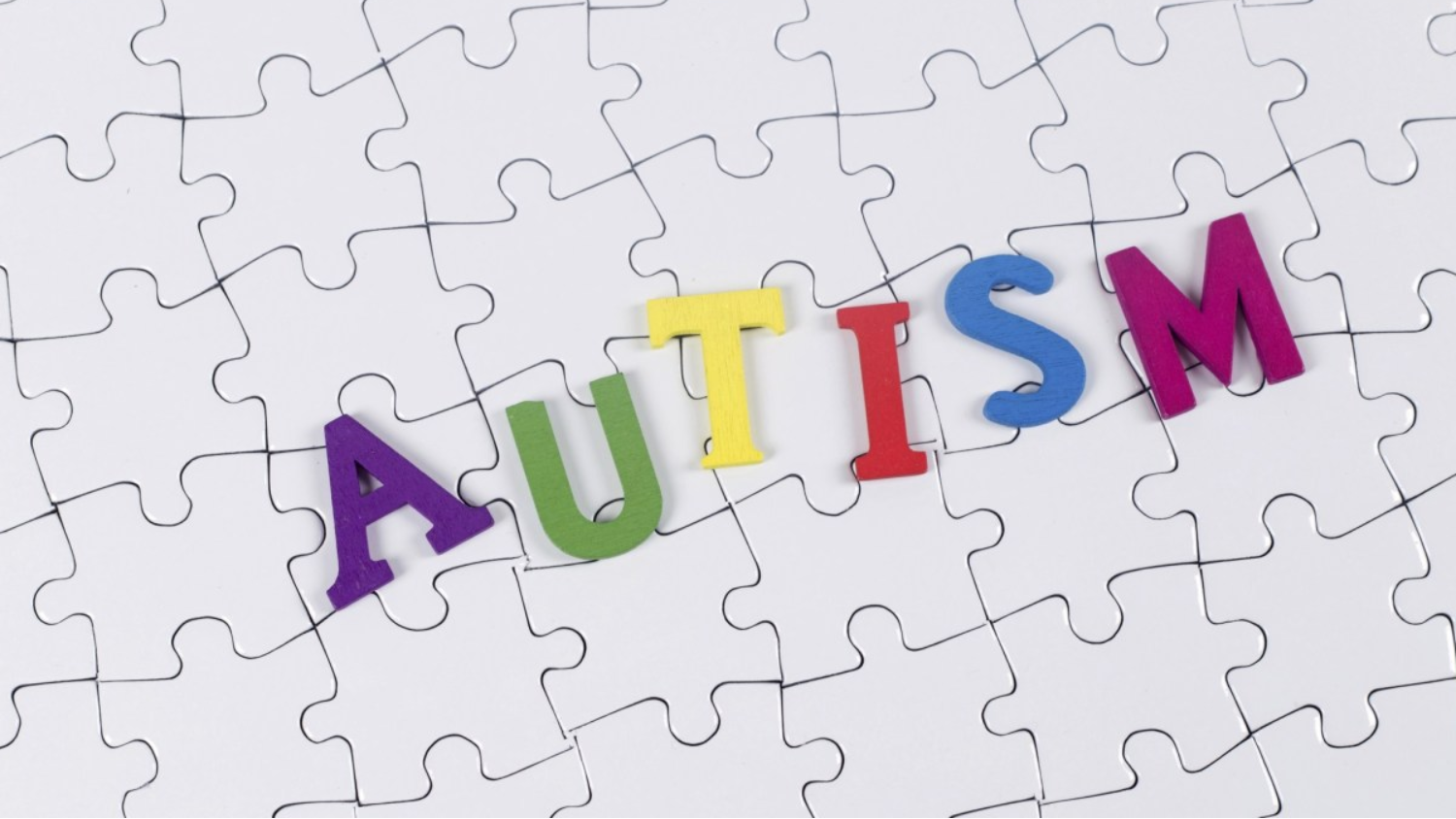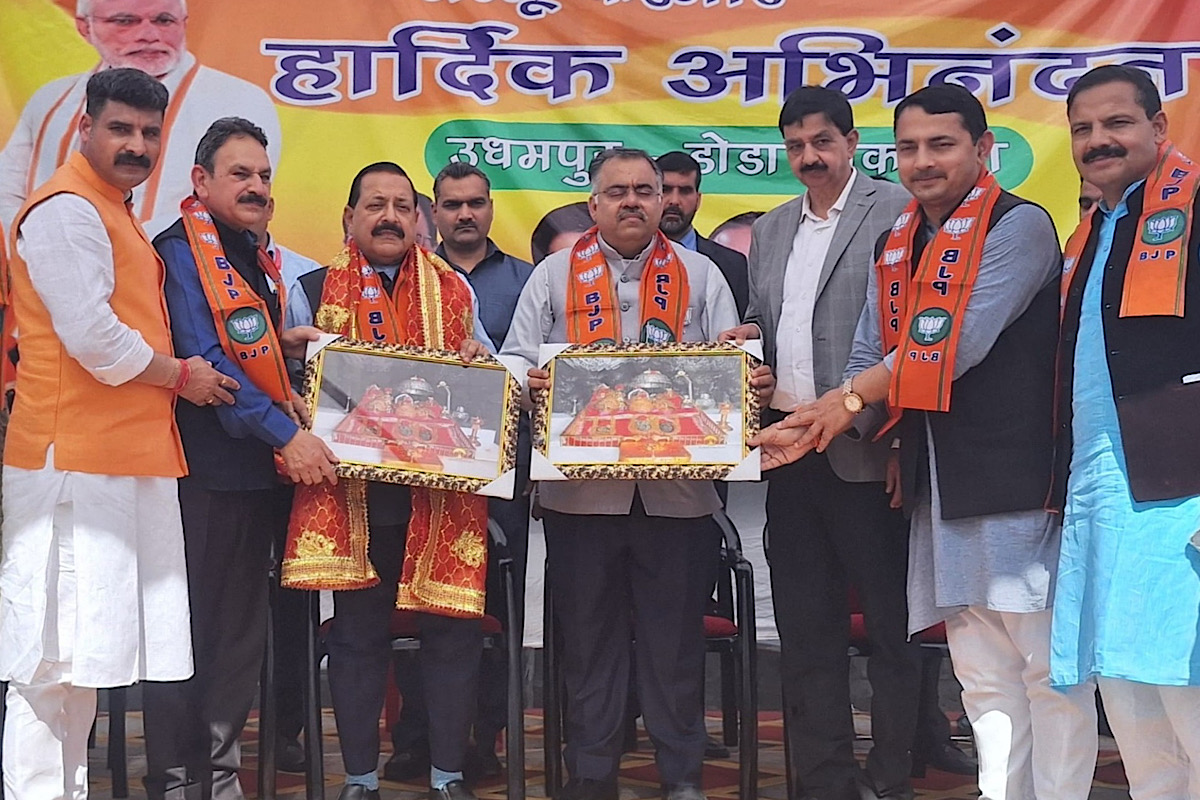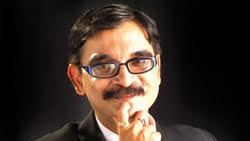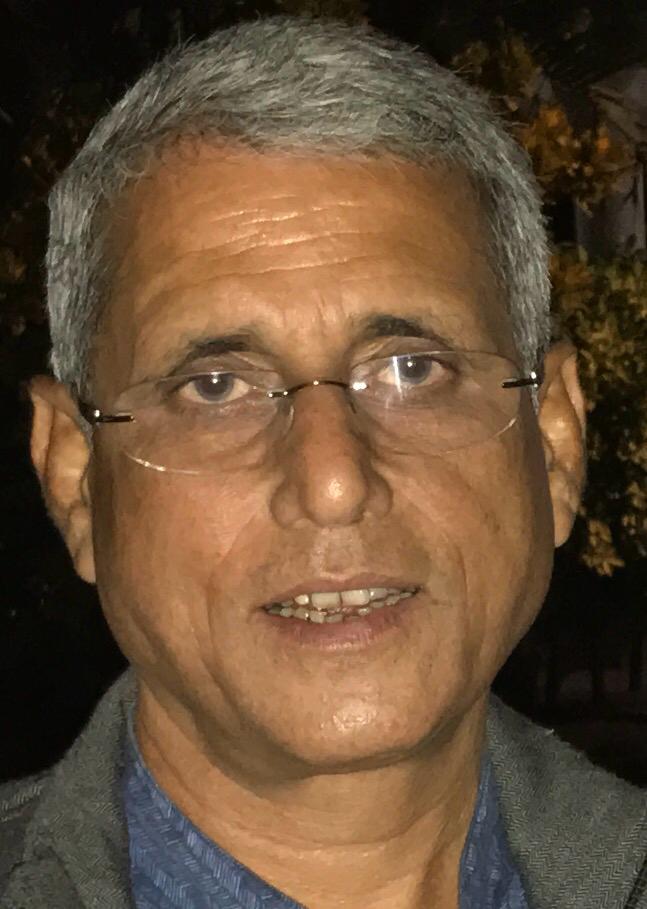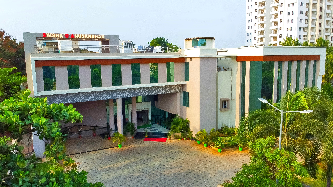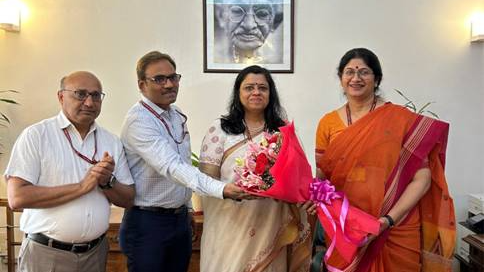Income Inequality: the world-wide concern
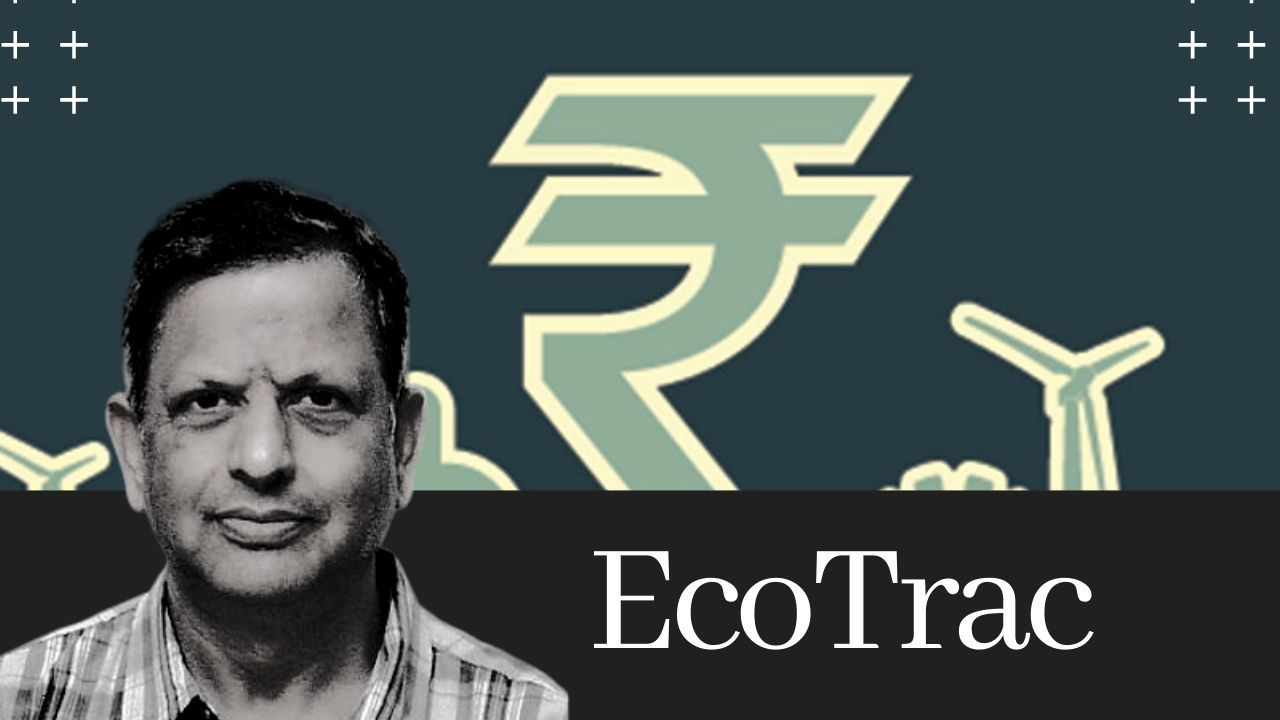
Despite progress in some countries, income is increasingly concentrated at the top. The share of income going to the richest one percent of the global population increased in 46 out of 57 countries and areas with data from 1990 to 2015. By contrast, the bottom 40% earned less than 25% of income in all 92 countries. While economic inequality has grown within many countries, inequality among countries is declining in relative terms. Dr Manas R Das Income inequality, a global phenomenon, has engendered several social, economic and political unrest, temporally as well as spatially. Many multilateral agencies have raised concerns about the adverse impact of income inequality on the mankind. The UN’s Sustainable Development Goals 2030 Agenda includes targets to reduce income inequality. World Snapshot According to the UN’s “World Social Report 2020: Inequality in a Rapidly Changing World”, income inequality has widened in most developed countries and in some middle-income countries, including China and India, since 1990. Seventy-one percent of the global population lives in countries where inequality has risen. However, the trend of growing inequality is not observed universally. Despite progress in some countries, income is increasingly concentrated at the top. The share of income going to the richest one percent of the global population increased in 46 out of 57 countries and areas with data from 1990 to 2015. By contrast, the bottom 40% earned less than 25% of income in all 92 countries with data. While economic inequality has grown within many countries, inequality among countries is declining in relative terms. India Snapshot In India, the focus has always been more on poverty reduction than inequality reduction. According to a United Nations University World Institute for Development Economics Research Working Paper (2019/42), income inequality in India, as measured by the Gini Coefficient (higher the coefficient, more is inequality) was about 0.54 in both 2004-05 and 2011-12, with it marginally increasing during this period. At this level, India was placed almost at equal level with the most unequal countries in the world. As per the Gini indices compiled by the World Bank, India’s value was 35.7 in 2011, the year for which the latest estimate for the country was available. At this level, India was 44th lowest among 76 countries. Driving Forces Some of the factors responsible for income inequality, both worldwide and in India, include: Ø Gross lack of decent employment Ø Unequal availability of opportunities Ø Big firms with high concentration of market power leading to distributional distortions Ø Technological transformations - more of capital-intensive industries leading to deterioration in the share of labour and wages Ø Sharp decline in trade union activities which earlier protected the labour and wages Ø Reduced ability or willingness on the part of the governments to tax corporate profits leading to reduced availability of funds for safety-nets Ø Inadequate Corporate Social Responsibility(CSR) activities by corporates Ø Compulsion to leash government deficits resulting in reduced social sector expenditure Ø Lack of literacy, thereby restricting peoples’ ability to exercise their rights Ø Social taboos and practices Ø Natural calamities and man-made disasters Policies A perfectly equitable society by income is utopian. However, the primary way to reduce inequality is to attain a reasonably high economic growth. In order that the growth outcome trickles down equitably to various sections of the society, opportunities for decent long-term employment need to be created. However, it is impossible to have perfect trickle-down of growth and employment; therefore, appropriate financial and non-financial safety-net mechanisms for the underprivileged have to be instituted. Here, the role of governments becomes crucial for mobilizing funds and administering the same effectively. However, the governmental efforts towards distributive justice need to be complemented by the private sector through CSR activities. Increased literacy, higher education and skill development enhance employability and income generation. Moreover, the educated people better comprehend their rights to protect themselves against any unjust or exploitative practices or policies by any entities. In an increasingly technology-driven economy, a skilled human capital can reap the economic benefits more profitably than an unskilled labour pool. However, in a labour-surplus economy like India, there exists a case for more of labour-absorbing technologies than the labour-displacing ones and in the latter case be supported by appropriate safety-nets. Banks and financial institutions can play a vital role by rationally allocating financial assistance to the needy entrepreneurs or sectors for productive activities. In this regard, the financial inclusion drive has been quite beneficial. In a populous country like India where dependence on land is excessive, its appropriate distribution and management can alleviate the incidence of inequality. The government’s preparedness for rescue and restoration in the aftermath of any calamities or disasters can play a meaningful role in arresting the bottom percentiles sliding into no income category. About the Author:Dr. Manas R. Das is a former senior economist of State Bank of India. He has over 30 years of experience as an economist in two large commercial banks. Academically, he is a gold medallist in Bachelor of Arts with Economics Honours from Utkal University, followed by Master’s in Economics from Delhi School of Economics and Doctorate in Economics from Gokhale Institute of Politics and Economics. He is also a Certified Associate of Indian Institute of Bankers. He has won several awards, besides being a prolific writer.
Latest News
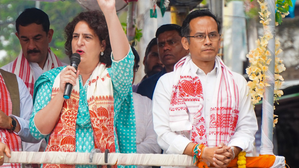
BJP will change the Constitution if wins again...

Indians up their spending on dieticians by 125...

Major fire in 8-storey building in Mumbai, 11...

Man jumps from tower in Delhi, dies

AIMIM declares support to AIADMK in Tamil Nadu...

Lord Lingaraj’s Rukuna Rath Yatra held in Bhub...

Sunil Narine's 49-ball ton helps KKR post 223/...
Copyright © 2024 - Summa Real Media Private Limited. All Rights Reserved.









